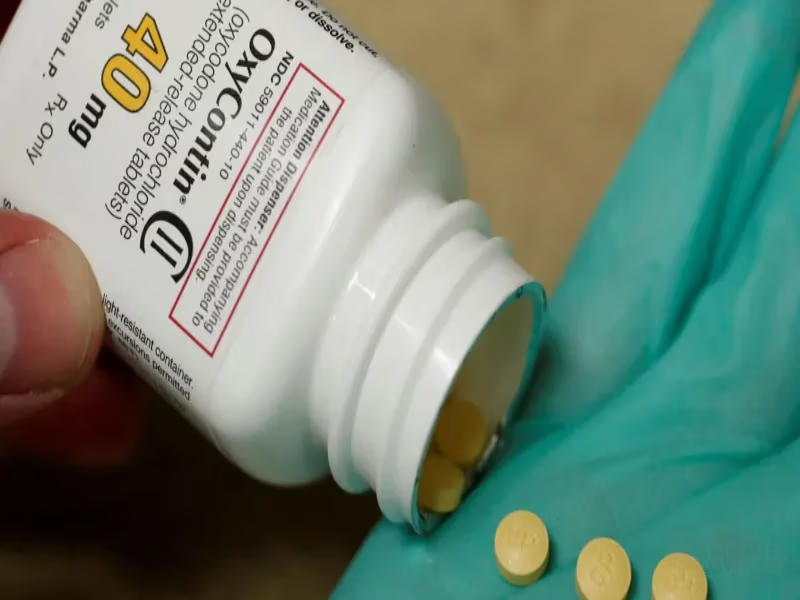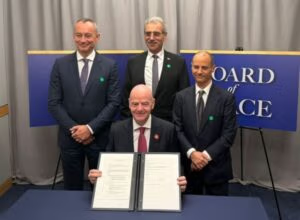A bankruptcy judge said on Friday that he would approve a settlement that makes Purdue Pharma and its billionaire proprietors pay out $7.4 billion (£5.6 billion) into their role in the US opioid crisis.
The decision, first introduced in January, is set to end a wretched legal ordeal of trying to hold the OxyContin-maker and its proprietors, the Sackler family, accountable and release funding to individuals who are struggling with addiction.
Purdue filed for bankruptcy protection in 2019, as it was confronted with thousands of lawsuits claiming it contributed to the opioid epidemic.
The settlement is an improvement of over $1 billion of a prior agreement that was dismissed by the US Supreme Court in the previous year.
In a statement on Friday, Chairman of the Purdue Board, Steve Miller, said, “Today cements the end of a long chapter, and brings us very near to the end of the book for Purdue.”
The restructuring plan, he added, “unlocks billions in recoveries and significant non-monetary benefits.”
The agreement enables the Sacklers to renounce ownership of the company. A nonprofit known as Knoa Pharma will take its place as a “purpose-driven company with the mission to address the opioid crisis,” Miller said.
Purdue became a household name in the US as the promoter and marketer of OxyContin, a prescription painkiller that, in many cases, became a gateway to other drugs, such as heroin.
However, the medication has been accused of supercharging the deadly opioid crisis in the U.S., which is interconnected to 900,000 deaths in the US since 1999.
Purdue and members of the Sackler family were later accused in thousands of lawsuits of promoting OxyContin, misleading doctors and patients as to its addiction and overdose risks.
Meanwhile, in a separate criminal case filed by the Department of Justice, Purdue pleaded guilty in 2020.
That settlement was not to cover lawsuits filed by local, state, Native American tribal governments, and others that had triggered the bankruptcy.
That settlement was not to cover lawsuits filed by local, state, Native American tribal governments, and others that had triggered the bankruptcy.
One of the past settlements that were invalidated by the Supreme Court last year would have helped protect the Sackler family against any further civil suits concerning their contribution to the opioid crisis.
The highest court in the country found that it was not authorized under the law to grant such protections to the Sacklers, who had not declared any form of bankruptcy themselves.
The recent $7.4 billion settlement cannot provide the Sacklers with immunity in future opioid-related lawsuits.
Family members will also be in a position to pay between $6.5 billion and $7 billion as part of the deal, but they have also refused to acknowledge the long-standing wrongdoing.
Others expressed disapproval of the deal at a previous bankruptcy hearing, as they believed it failed to go far enough to repay victims. The individual victims will be receiving up to $865 million.
Therefore, the settlement was hugely popular among the government camps and victims of personal injuries.
Purdue reported in October that more than 99 percent of creditors had voted in favor of the restructuring plan of bankruptcy.
The settlement money will be given to state and local governments as the majority. Many of them reported that the agreement would fund the treatment and prevention of opioid addictions nationwide in the US.
In a statement in June, when 55 attorneys general agreed to sign the settlement. Attorney General of California, Rob Bonta, said, “By holding Purdue Pharma and the Sackler family accountable for their role in fueling the opioid epidemic, we’re bringing much-needed funds for addiction treatment, prevention, and recovery to those impacted by this crisis.”






